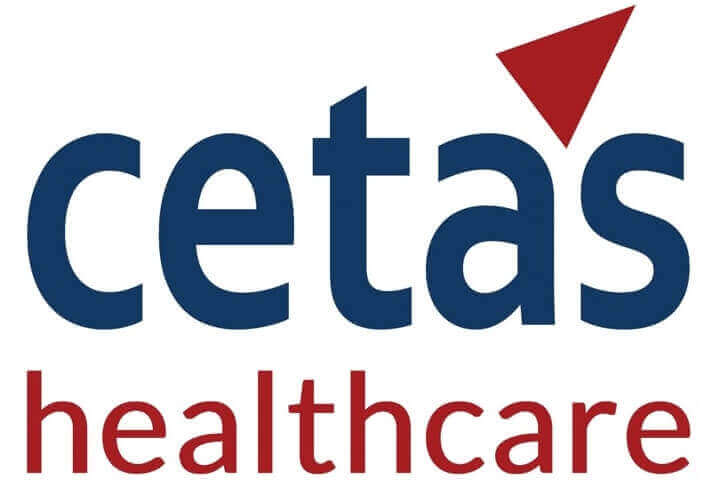X
In the rapidly evolving landscape of medical devices, ensuring patient safety and product effectiveness is of paramount importance. Post-Market Clinical Follow-up (PMCF) surveys have emerged as a powerful tool for gathering real-world data and insights, especially for legacy devices. These surveys bridge the gap between regulatory requirements and the need for continuous monitoring, enabling manufacturers to address potential issues, optimize device performance, and improve patient outcomes. In this article, we will explore how PMCF surveys are revolutionizing data collection for legacy devices and why they have become an indispensable component of post-market surveillance strategies.

Legacy devices, though proven in their efficacy, often face challenges when it comes to data collection for post-market surveillance. These devices may have been on the market for years or even decades, making it difficult to obtain comprehensive real-world data. Factors such as device longevity, limited access to patients, and changes in clinical practices can pose obstacles to traditional data collection methods. PMCF surveys provide a solution by offering a proactive approach to gather relevant data directly from patients and healthcare professionals.
PMCF surveys act as a bridge to fill the data gap by capturing valuable insights from users of legacy devices. These surveys employ various methodologies, including questionnaires, interviews, and observational studies, to collect data on device performance, user experience, adverse events, and overall patient satisfaction. By engaging directly with stakeholders, PMCF surveys provide a holistic understanding of the device’s real-world performance and help identify areas for improvement or potential risks.
Regulatory bodies, such as the FDA and the European Union Medical Device Regulation (EU MDR), emphasize the importance of post-market surveillance for ensuring ongoing device safety and effectiveness. PMCF surveys align with these regulatory requirements, enabling manufacturers to demonstrate compliance while proactively addressing potential issues. By leveraging robust data collection methods, companies can validate the long-term performance and safety of their legacy devices, which is crucial for maintaining regulatory approval and fostering trust among healthcare professionals and patients.
Legacy devices often lack the advanced features and connectivity options available in newer technologies. However, PMCF surveys can help bridge this technology gap by gathering data on device performance in the real-world setting. Insights obtained through these surveys can inform iterative design improvements, leading to enhanced usability, reduced adverse events, and increased patient satisfaction. By leveraging the knowledge gained from PMCF surveys, manufacturers can optimize their legacy devices to meet the evolving needs of patients and healthcare providers.
The ultimate goal of medical device manufacturers is to improve patient outcomes. PMCF surveys play a crucial role in this endeavor by providing a feedback loop that captures real-world experiences and outcomes associated with legacy devices. By actively engaging with patients and healthcare professionals, manufacturers can identify potential risks, understand device usability challenges, and develop targeted interventions to enhance patient safety and well-being. PMCF surveys contribute to evidence-based decision-making, enabling manufacturers to continuously refine their devices and positively impact patient outcomes.
PMCF surveys have emerged as a powerful tool for resolving real-world data collection issues surrounding legacy devices. By gathering insights directly from patients and healthcare professionals, these surveys help bridge the data gap and enable manufacturers to optimize device performance, ensure regulatory compliance, and enhance patient outcomes. As the healthcare landscape continues to evolve, PMCF surveys will play an increasingly vital role in post-market surveillance, empowering manufacturers to make data-driven decisions and ensure the ongoing safety and effectiveness of their legacy devices.
Contact us today to learn how we can support your journey toward regulatory success and market leadership.


We provide the best insights for your business
